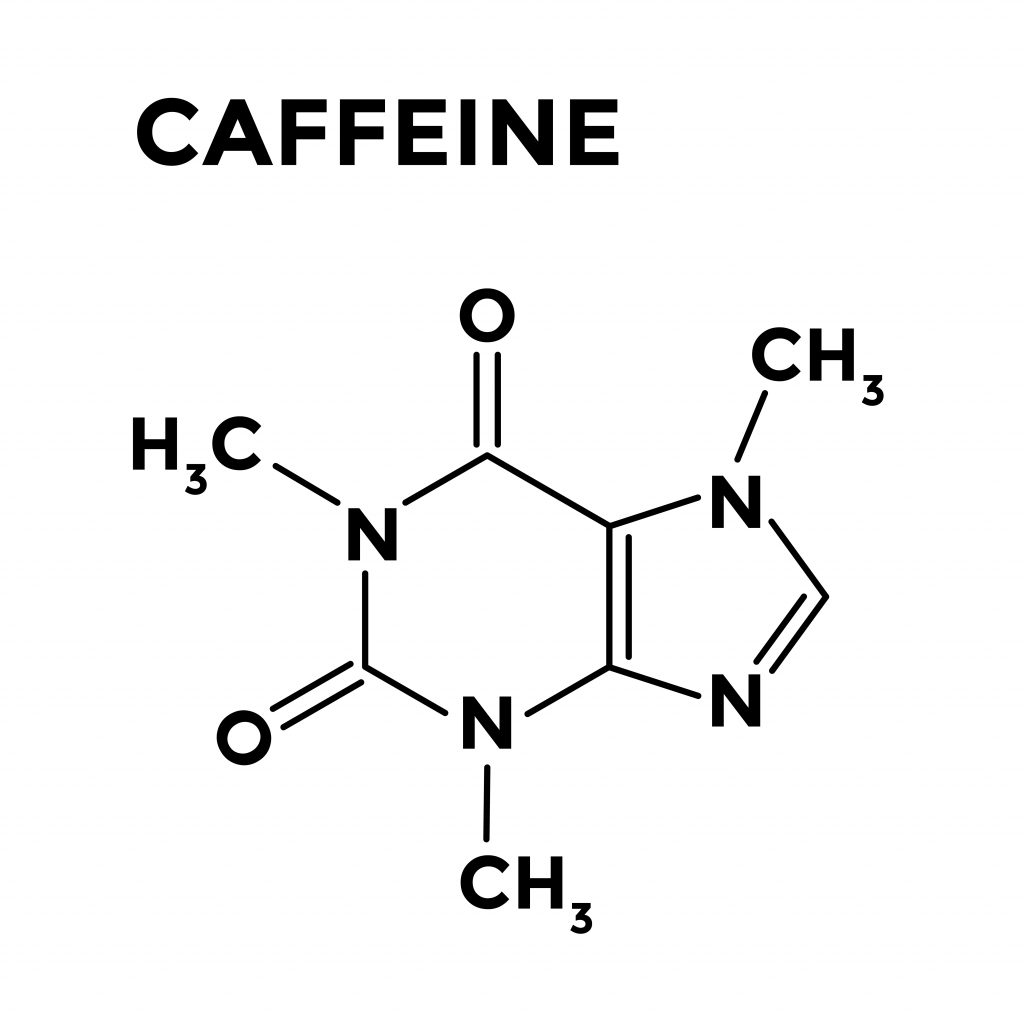

They also can be the cause of abnormal vital signs, such as tachycardia, increased respiratory rate, and low or elevated blood pressure, and as such, can present a diagnostic challenge and/or be a cause of unnecessary workup in ED. Physicians working in the emergency departments (ED) and the hospital must be familiar with this syndrome when they encounter patients with relevant symptoms, as they overlap with symptoms such as anxiety, depression, mood disorders, insomnia.

DSM–5 American Psychiatric Association, 2013).
#Reducing caffeine withdrawal symptoms manual
Multiple studies have demonstrated that caffeine-withdrawal syndrome is a clinically relevant entity and is included in the Diagnostic and Statistical Manual of Mental Disorders (5th ed. Individuals who habitually drink caffeine-contained beverages may develop a physical, emotional, and psychological dependence on it and may experience a caffeine withdrawal syndrome after abrupt cessation of caffeine intake. Unlike other psychoactive drugs, it is legal, cheap, and not regulated in almost all parts of the world. Ultimately including no caffeine on day six.Caffeine is a central nervous system (CNS) stimulant of the methylxanthine class and is one of the most widely used drugs in the world. “When I have clients who are looking to stop drinking caffeine, I often recommend decreasing the amount they are drinking over a five-day period. “Stopping this effect suddenly can cause cognitive changes.” Fresh air and a change of scenery may help elevate your mood a bit, but some cognitive changes have to play out until your body adapts to the changing hormones. “Caffeine can cause the release of numerous hormones and increase neurotransmitters,” she says. Irritabilityīeing tired and having a headache is a recipe for a bad mood, according to Scioli. Fortunately, he says there’s nothing you need to do to combat your tremors, they should resolve on their own within a few days. Raden says that tremors (uncontrollable shaking of the hands) can also be a symptom of caffeine withdrawal. “For this reason, depression is a common symptom of caffeine withdrawal.” To combat those withdrawal-inspired blues you should make sure you’re tending to some of those other symptoms that could be exacerbating some of those bad feelings. “The stimulant effects of caffeine have also been shown to increase feelings of well-being,” he explains. Raden, caffeine is an adenosine receptor antagonist and, as such, is a known mood elevator.

“I recommend cutting back on caffeine intake on a week when you are able to get adequate rest.” Since the afternoon a common time when withdrawal symptom set in, she recommends taking a walk outside to increase energy levels.Īccording to Dr. “Your body is used to a stimulant and no longer has this external energy boost,” explains Courtney Scioli, registered nutritionist and founder of Simply. People usually consume caffeine to combat fatigue, so it’s no wonder that you’ll feel even more exhausted without it. If you’ve recently quit caffeine, here are some signs and symptoms that your body is missing it: Over time, those habits can become so deeply ingrained in our daily routines that it can be very tough to break.”

“The act of drinking coffee first thing in the morning, as an afternoon pick-me-up at work or with dessert after dinner becomes habitual. “One of the reasons caffeine is so addicting is that drinking a cup of coffee is an act that’s a deeply ingrained part of our daily routines and social lives,” explains Don Raden M.D., F.A.A.O.T., integrative physician, addiction expert at Raden Wellness, which is why he says caffeine can be as psychologically addicting as it is physically addicting. While going through withdrawal symptoms is definitely possible (and is actually considered a disorder), experts note that some of these symptoms might be psychosomatic (a.k.a. Caffeine withdrawal: signs, symptoms, and treatments “Withdrawal symptoms typically start around 12-24 hours from your last dose of caffeine.” That means if your last cup of coffee was yesterday at 9 in the morning, you could already begin feeling the effects of withdrawal as soon as you woke up this morning. This can cause an inability to carry out some of your more basic tasks which can come on quickly, according to Dr. Caffeine withdrawal happens when someone who routinely consumes caffeine stops.


 0 kommentar(er)
0 kommentar(er)
